Blood transfusions are a critical component of healthcare, essential for saving lives daily. However, maintaining an adequate blood supply, especially in low- and middle-income countries, presents significant challenges. As of 2025-06-04 08:56:00, the demand for O-negative blood, the universal donor type, often surpasses supply, highlighting the urgent need for innovative solutions.
- Blood transfusions are crucial for saving lives.
- O-negative blood demand often exceeds supply.
- New artificial blood developed by Japanese scientists.
- Artificial blood can be stored for years.
- Initial trials showed mild side effects only.
- Future trials aim for practical use by 2030.
In response, a team of Japanese scientists led by Hiromi Sakai at Nara Medical University has developed a groundbreaking artificial blood product. This synthetic blood, created from hemoglobin extracted from expired donor blood, can be used by patients of any blood type, eliminating the need for compatibility testing.
Could this artificial blood revolutionize transfusions? Initial trials have shown promising results, with volunteers receiving varying amounts of hemoglobin vesicles. While some mild side effects were noted, vital signs remained stable. As research progresses, here are a few health recommendations to consider:
- Stay informed about blood donation needs in your community.
- Encourage others to donate blood regularly.
- Explore advancements in artificial blood technologies.
As research continues, the potential for artificial red blood cells to become a practical solution by 2030 is exciting. Staying engaged with these advancements may help shape the future of transfusion medicine.



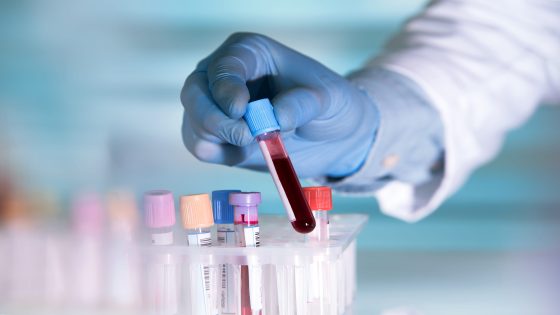




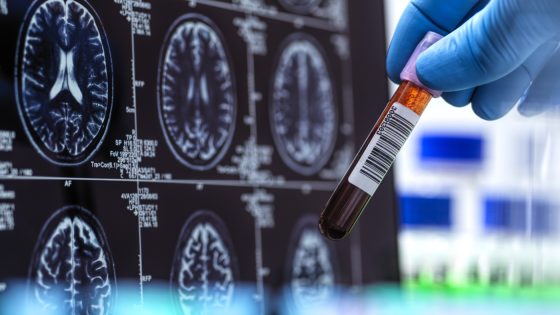


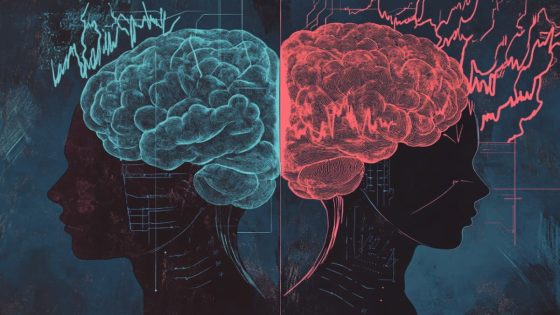
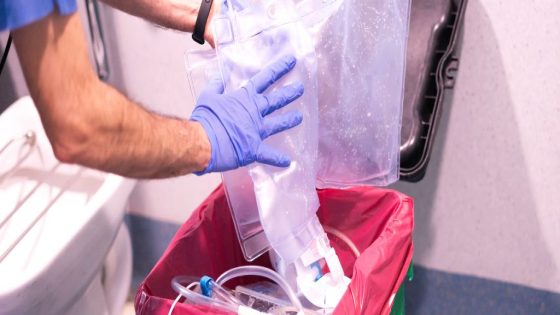
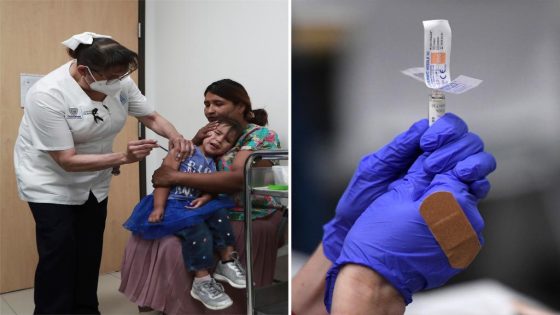







![[Adobe Stock]](https://news.faharas.net/wp-content/uploads/2025/05/Childhood-Virus-Linked-to-Alzheimers-Uncover-the-Silent-Threat-to-230x129.jpg)










